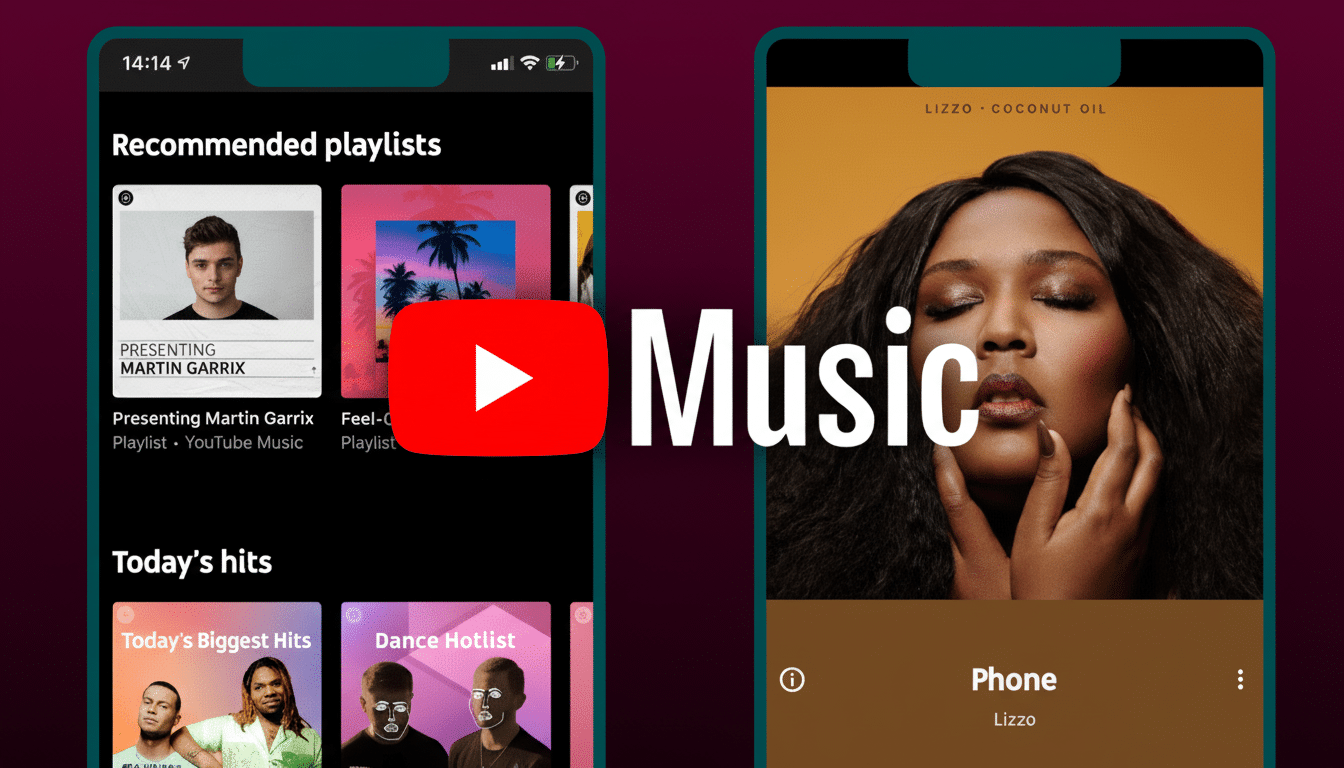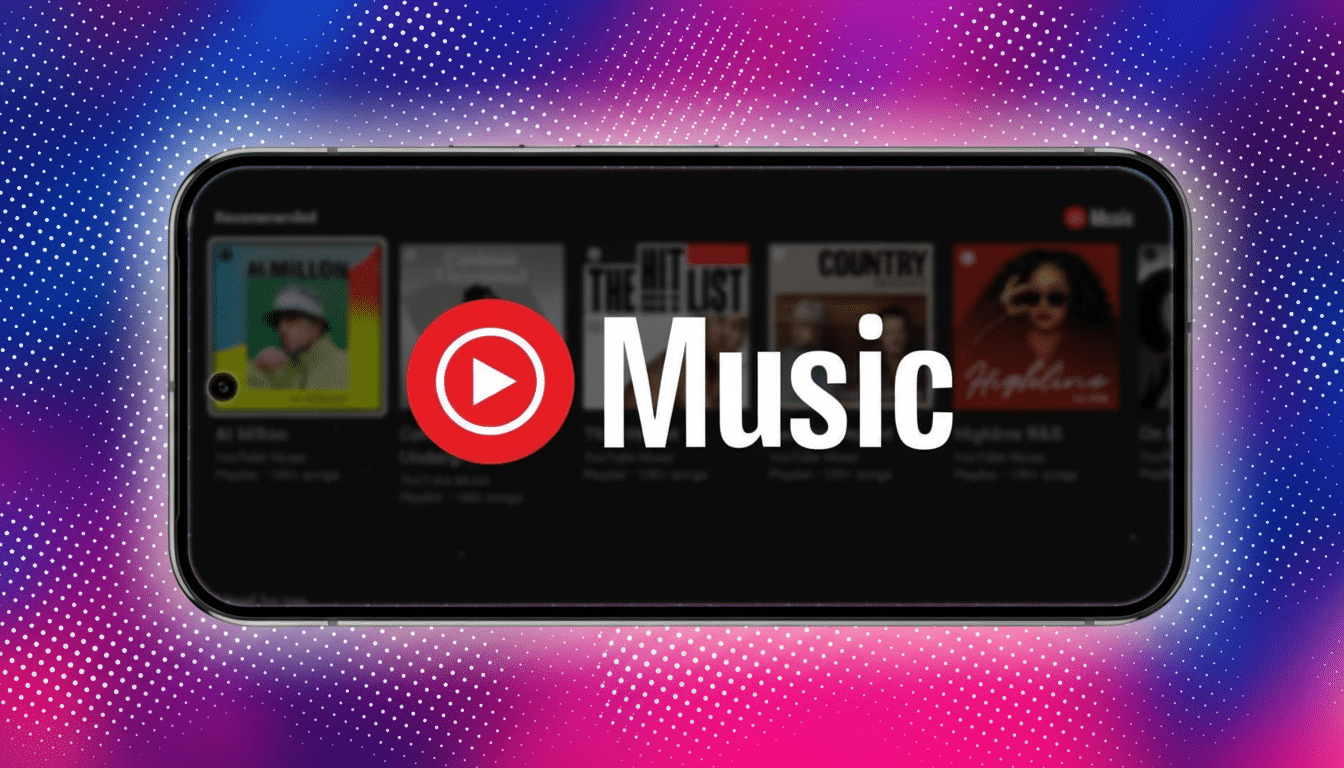YouTube Music has been testing a cap on lyrics for free listeners, which would push them to upgrade to Premium once they’ve hit a limit of views. The move follows a high-profile Spotify experiment that drew outrage and was subsequently reversed. Which raises an obvious question: is paywalling lyrics savvy, or a self-inflicted headache?
What’s changing for free listeners
Users have posted reports of the in-app counter warning that viewers have only a few lyric views remaining before being locked out from nonpaying accounts. YouTube Music finds the words you see on screen from lyric providers like Musixmatch and LyricFind, which obtain licenses for text directly from publishers and charge platforms for access to their application programming interfaces. In short, all on demand lyrics display comes with a cost, even if tiny at scale. That expense comes on top of already complicated music licensing agreements with labels and publishers.

YouTube has a powerful incentive to convert free users to paid plans. The company disclosed recently that YouTube’s main revenue generators combined, Premium and Music, had surpassed 100 million subscribers and trials around the world, emphasizing a pivot to subscription revenue. A lyrics soft paywall is a classic upsell lever: Take away a feature that’s used frequently that’s of low-moderate complexity to get some upgrades gently, without touching playback itself.
Why lyrics matter more than you think
Lyrics aren’t just a novelty. They’re a daily practice for sing-alongs, language learning and catching references. Lyrics that sync to time have become a staple of the contemporary listening experience, (Apple built an entire feature that’s essentially karaoke around them and Spotify has been boasting about its sync-to-lyrics feature for years). For people with hearing loss, or for anyone trying to follow along with recent releases in a language they’re learning, the ability to view the lyrics to a song isn’t fluff — it’s functionality, and accessibility.
There’s also a discovery dimension. When fans read along, they stick around longer and are apt to share tidbits, save songs or dive into an artist’s catalogue. Both industry bodies such as IFPI and companies like Spotify have noted ad nauseum how streaming’s growth relies on high-engagement features that deliver plays and retention. Bluntly put: lyrics enhance the time spent and satisfaction, which in turn support ad revenue for free tiers.
The business math behind the paywall
For YouTube Music, the experiment relieves two simultaneously increasing pressures: skyrocketing content costs and the challenge of turning free listeners into paid subscribers. The ad-supported streaming model is not as lucrative per user as the subscription model, a divide that has been reported in the industry and by analysis firms such as MIDiA Research. Lyrics licensing is an added cost that doesn’t directly lead to increased ad yield — limiting it can cut some expense while providing a clear upgrade signal.
For many of the companies across the business, there’s precedent to stash non-essential perks behind Premium walls. Offline downloads, high bitrates, and background play are typical paywalled options. Lyrics feel different because they are now table stakes. By adding friction here you may save pennies and potentially win some upgrades, but you also risk undermining the sense of free completeness.

Lessons from Spotify’s reversal
Spotify tested gating lyrics for free users and hit a wall of annoyed users. After enduring weeks of criticism across social channels and tech press, the company has now reinstated free access in many markets. Spotify’s own Loud & Clear reporting is all about the fact that its payouts to rightsholders are getting bigger — more than $9 billion in 2023 — but it still chose to make lyrics available more widely, presumably on the grounds that it is a feature that increases engagement and builds goodwill that outweighs the cost.
YouTube Music is not Spotify, and it draws from the wider YouTube Premium package (no ads, background play, downloads). That package arguably makes it easier to justify the cost of a subscription. But the optics of stripping a widely used feature from the free tier hews close to Spotify’s goof, and users generally don’t distinguish between which sets of perceived nickel-and-diming belong to which service.
What YouTube Music has to watch out for
The immediate risk is reputational. “Lyrics paywalls make services stingy in exactly the part where people expect base level functionality,” Kelly added. It also undercuts accessibility. Lyrics may not be a formal accessibility feature in the legal sense, but they still provide genuine support for listeners who depend on text to comprehend audio. Alienating that group opens you up to criticism you can’t stave off with “try Premium” banners.
There’s also competitive leakage. Changing of music apps is easier than ever; libraries migrate, and competitors such as Apple Music and Deezer treat lyrics as table stakes. Even if churn is low, walling off such a high-visibility feature makes a terrible first impression for new users trying the free tier.
Better ways to monetize lyrics
If the aim is to rein in costs and provide incentives to upgrade, there are more-modest alternatives. By all means let static, basic lyrics be free, but save time-synced or karaoke-style modes for Premium. Add a ‘per session lock’ instead of hard monthly lock out, it’s less of a FUCK YOU. Provide artist commentaries or behind-the-lyrics annotations as Premium-only bonuses. Even sponsored lyric screens — discreet and well marked as such — could offset licensing fees and not cost the feature.
The bottom line
On paper, perhaps testing a limit to song lyrics made sense — but strategically, it smacked of shortsightedness. Today, lyrics are an integral part of the streaming experience, not an addendum. YouTube’s own music leadership has frequently emphasized the platform as a key income driver for the industry; maintaining features that deepen engagement only reinforces that message. The smarter play: Leave baseline lyrics unburdened, make paying for Premium additional lyrics (a la paid language lessons), and leverage innovation — not subtraction — to earn upgrades.

